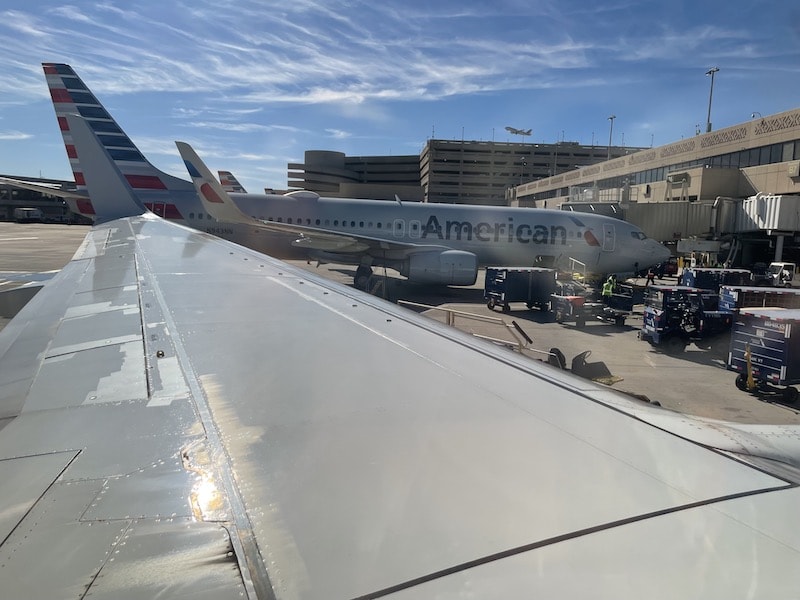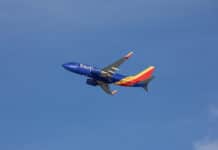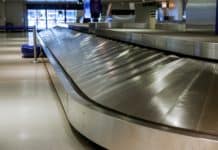 A recent incident where Delta Air Lines passengers were held onboard a plane for hours in scorching heat is just the tip of the iceberg of a more significant problem: the toll that historically high temperatures take on flight operations.
A recent incident where Delta Air Lines passengers were held onboard a plane for hours in scorching heat is just the tip of the iceberg of a more significant problem: the toll that historically high temperatures take on flight operations.
Several passengers onboard the delayed Delta flight on July 17 had to be treated for heat-related illnesses after the plane was held on the tarmac for four hours while outside air temperatures hit 111 degrees Fahrenheit.
Travelers have come to anticipate that bad winter weather can disrupt air travel and cause delays and cancellations. But experts say that extreme heat can have an even greater impact—in some cases, making it virtually impossible to fly.
According to the engineers at Monroe Aerospace, different aircraft have different heat tolerances. Bombardier regional jets, for example, can only operate at temperatures up to 117 degrees Fahrenheit. In comparison, Boeing jetliners can fly in maximum temperatures of 126 degrees.
In 2017, extreme heat in Phoenix caused nearly 50 American Airlines regional airline flights out of Sky Harbor International Airport, and the recent high heat makes other heat delays more likely.
The reason that planes can’t fly in high heat comes down to physics: “All airplanes fly by producing lift with their wings. The air underneath an airplane’s wings ‘lifts’ it up. Of course, propulsion plays a role in the function of airplanes, but it’s the lift that keeps an airplane from falling to the ground,” according to experts at Monroe Aerospace. “When exposed to extreme heat, airplanes produce less lift due to the properties of the air. Going back to the basics of physics 101, heat causes things to expand—and air is no exception. Warm air is essentially less dense than cool air. As a result, there’s less air to lift airplanes in extreme heat.”
This article first appeared at recommend.com
You May Also Be Interested In…
House Passes Bipartisan Bill Protecting Passengers’ Rights
Demand Drives Passport Delays Over 3 Months










